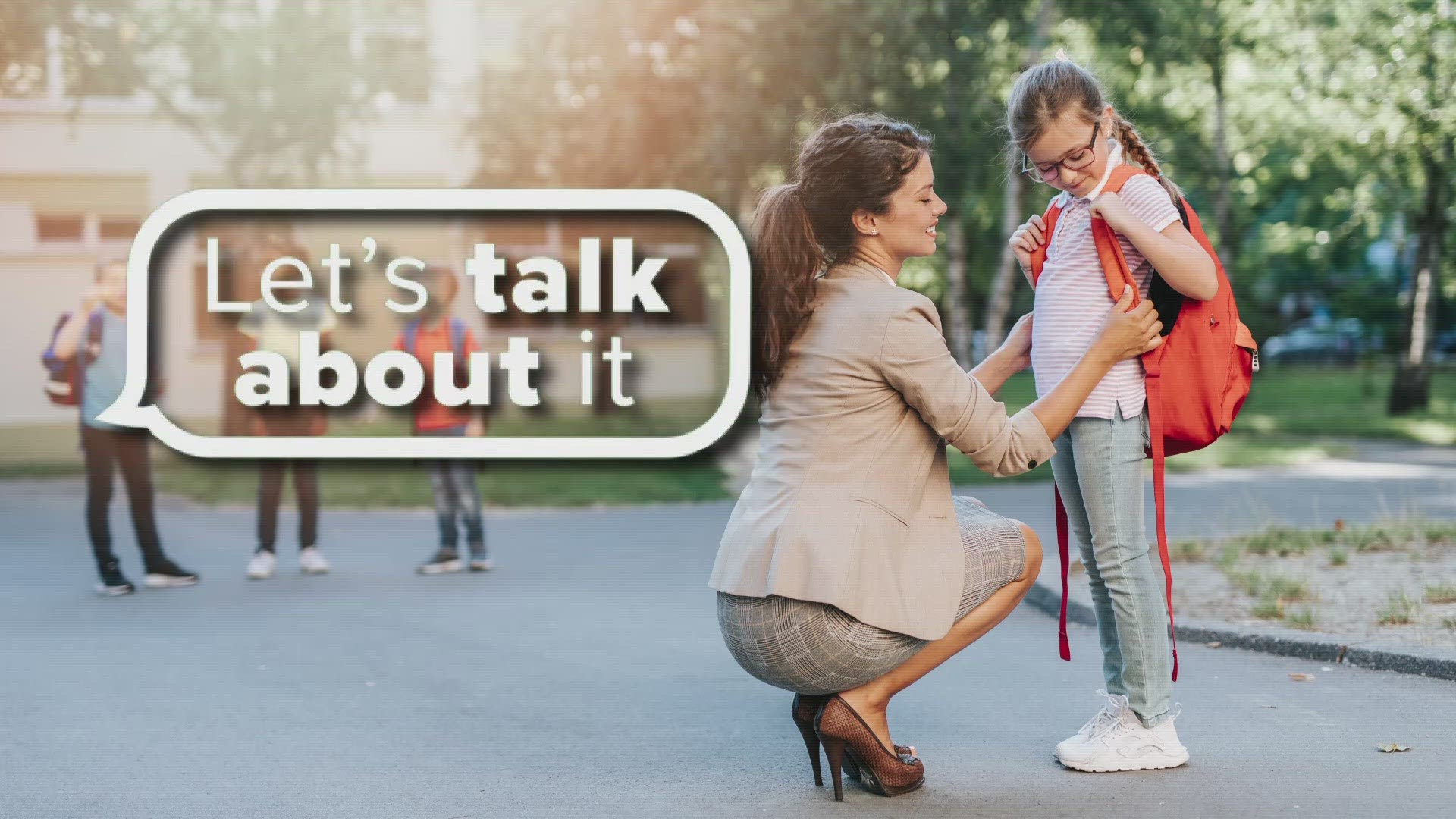PORTLAND, Maine — Maine has not seen reporting of school shootings, but the fear around gun violence in the classroom has many parents and guardians in our state on edge.
“I wish I could lie and say that I'm not worried about it,” Dr. Allyson Coffin said. “It makes me nervous when I drop my kids off at school. It is terrifying. I literally feel it in my body, and it like stops you, so I can't imagine what it's like to actually have that happen in your community.”
Coffin is a licensed wellness expert who has spent a large portion of her life researching trauma and its impact on our brains. If you or your child is seeing constant coverage and images of school shootings, Coffin said that exposure can cause trauma, or what’s better known as secondhand trauma or micro traumas.
“We need to be vigilant about what our kids are seeing,” Coffin said. “They shouldn't be seeing that over and over and over again.”
Repeated patterns of information intake create grooves in our brains, known as neuropathways, Coffin explained. Think of these pathways as mini highways that help us process information.
Why is this important to understand? The more trauma we face in life, the more our brain is impacted.
Coffin used a 3D brain model to show how those traumas impact our prefrontal cortex and our amygdala. Our prefrontal cortex handles decision making abilities, how we regulate emotions, and impulse control.
“Also your executive functioning, so knowing how to do a task to completion is very, very hard when this part of your brain hasn't been developed,” Coffin said.
The amygdala is the part of our brain that alerts us to danger.
“When you have trauma all the time, you're always in hypervigilance, you're always on guard,” Coffin said. “So, when you have that in adulthood, it can look like somebody that's very aggressive, and it can also look like that in childhood.”
Experts say another way to visualize how these images, reports, and updates on school shootings impact our brain and mental health is to imagine a stone being dropped into a pond. The initial impact, the stone hitting the water, is a traumatic event. The ripples that follow represent just how far that trauma travels. Namely, the students, teachers, community, state, country, and so on.
“It just gets bigger and bigger. And I mean, you and I are talking about it now, and [it] hasn't happened in Maine,” Coffin said. “So, yeah, there's a ripple effect to that, and then processing the trauma is incredibly important as opposed to just shoving it down, because your brain still knows what happened.”
If you or your child have questions around gun violence in schools, the parents of the children murdered at Sandy Hook have created a website with a plethora of resources. Coffin said it’s important to have these conversations with your children, but those conversations are going to look different for everyone.
“You want talk to their developmental level, what they can actually understand because they’re children they’re not little adults. There needs to be a filter,” Coffin said.
Here are a couple of exercises Coffin shared that are useful to combat stress.

